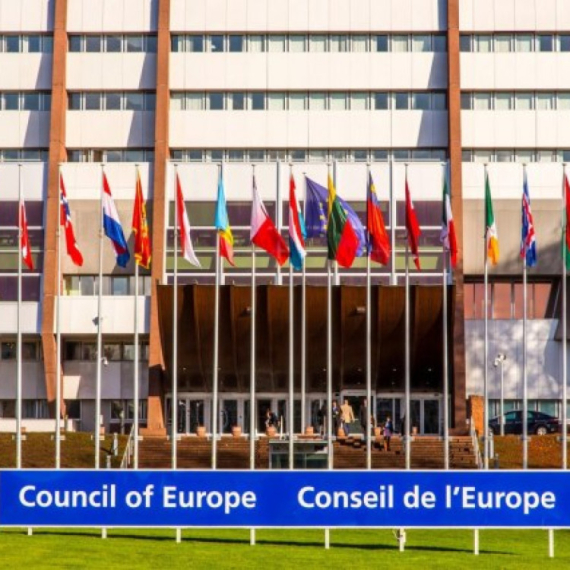Greece and Italy criticized for "hostility toward Germany"
Luxembourg Prime Minister Jean-Claude Juncker has said that the "demons" inciting ethnic hatred in Europe "have not disappeared".
Monday, 11.03.2013.
15:51

LONDON Luxembourg Prime Minister Jean-Claude Juncker has said that the "demons" inciting ethnic hatred in Europe "have not disappeared". "Anyone who believes that the eternal question of war and peace in Europe is no longer the issue is deeply mistaken. The demons have not disappeared, but are only sleeping, as was shown by the wars in Bosnia and Kosovo. I am amazed at how the current situation in Europe is similar to that a hundred years ago," he told the German magazine Der Spiegel. Greece and Italy criticized for "hostility toward Germany" Juncker, who led a group of European finance ministers in the midst of the economic crisis, said that elections in Italy and Greece "brought to the surface national intolerance, which we thought was long gone." He also stated that he was appalled by a banner carried by Greek demonstrators, which showed German Chancellor Angela Merkel wearing a Nazi uniform. Juncker believes that the way in which some German politicians are criticized in Greece has left "deep scars". He added that the recent elections in Italy were "overly hostile towards Germany, and therefore un-European". Former Italian premier Silvio Berlusconi during the election campaign blamed Berlin's centralist policies for Italy's economic problems. Juncker, who headed the Eurogroup from 2005 until January of this year, compared the situation today with that in 1913. "Most people believed in 1913 that there would never be another war on European soil. The great powers of Europe cooperated closely in the economic field, so the illusion was created that they would not again engage in military conflict." Luxembourg's prime minister also told the magazine that in the future Europe can maintain its global influence only if it is united. "Governments of Germany, France and Great Britain know that their voice can be heard on the international scene only through EU's bullhorn," concluded Juncker. Jean-Claude Juncker (Beta/AP, file) B92 Spiegel
Greece and Italy criticized for "hostility toward Germany"
Juncker, who led a group of European finance ministers in the midst of the economic crisis, said that elections in Italy and Greece "brought to the surface national intolerance, which we thought was long gone."He also stated that he was appalled by a banner carried by Greek demonstrators, which showed German Chancellor Angela Merkel wearing a Nazi uniform. Juncker believes that the way in which some German politicians are criticized in Greece has left "deep scars".
He added that the recent elections in Italy were "overly hostile towards Germany, and therefore un-European". Former Italian premier Silvio Berlusconi during the election campaign blamed Berlin's centralist policies for Italy's economic problems.
Juncker, who headed the Eurogroup from 2005 until January of this year, compared the situation today with that in 1913.
"Most people believed in 1913 that there would never be another war on European soil. The great powers of Europe cooperated closely in the economic field, so the illusion was created that they would not again engage in military conflict."
Luxembourg's prime minister also told the magazine that in the future Europe can maintain its global influence only if it is united.
"Governments of Germany, France and Great Britain know that their voice can be heard on the international scene only through EU's bullhorn," concluded Juncker.


























































Komentari 20
Pogledaj komentare